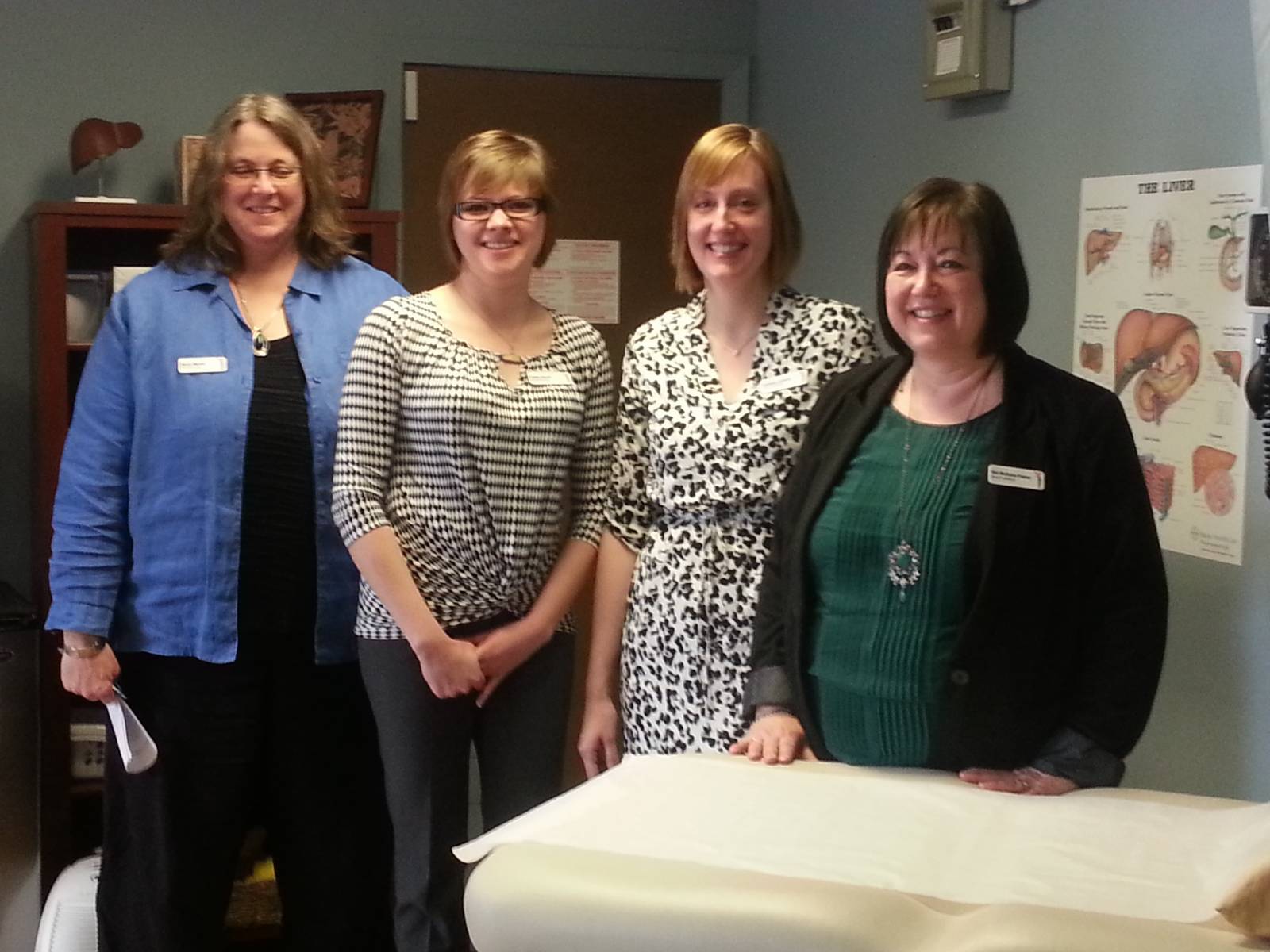
Expanding options for women to receive medical treatment paved the way for the Women’s Primary Health Care Clinic.
Through the efforts of the AIDS Committee of North Bay & Area and the North East Women’s Health Alliance, the ACNBA office on the second floor of 269 Main Street West will be open Wednesdays from 9:00am until noon for referred women who don’t already have a primary health care provider.
“It’s primary health care for women who are high risk,” said Kathleen Jodouin, Women and HIV/AIDS Coordinator for ACNBA.
“They are women who will be referred from social service agencies who they feel they’re in a high need for primary health care.”
Jodouin adds the Hepatitis C clinic has been open for a couple of years and through it, saw a change in demand for services.
Mayor Al McDonald says health care is the number one concern of Canadians and is a big one in North Bay.
“The fact that this organization can open up a women’s clinic with support of partners and services clubs, I think speaks highly of their organizational skills,” he said.
“The fact that they can work with others and they’ll be a tremendous boost for women’s health here in our city.”
The Mayor adds that ACNBA is a truly active and welcomed committee in the community, through proclamations, community fundraisers and awareness campaigns.
“(And they’re) making a difference in people’s health and we congratulate them and thank them for that.”
The Nurse Practitioner for ACNBA is Keri McGuire-Trahan. She says Hep C is a huge issue around the world and is four times more common than HIV.
“Worldwide, it costs billions of dollars in lost wages in health care,” she said, “We know we’re on the tip of the iceberg in Canada in terms of liver-related diseases that are linked to Hep C. We’re sitting on a timeline. Hep C doesn’t show its face usually for at least 20 years and then all of a sudden, the symptoms come and if the client goes into liver failure, now they’re looking at a transplant. Those are brutally expensive and patients are usually in the hospital waiting so hospital stays are expensive.”
“We have about 1,800 confirmed cases in this area. There’s probably another thousand that don’t know they have it so it is a huge problem worldwide if you take all the people with Hep B and Hep C and put them together, it equals 1 in 12 so it’s a big deal.”
Trahan says ever since she started treating eight years ago, the numbers in patients have “steadily increased” and has started to notice a younger trend.
“We’re seeing a lot of younger women, which is disturbing because this is a completely preventable disease,” she said, “We are hoping that this will be like a carrot to draw some of our younger women in and we can do the preventative medicine. We can teach them about how to not get infected with Hep C if they’re not already and if they are, then we can offer them treatment.”
Jodouin says they take a client-centred approach and will help them, whatever the issue.
“Whatever health care concern that they want to make as their priority is the health care concern that we’re going to work on first,” she said.


